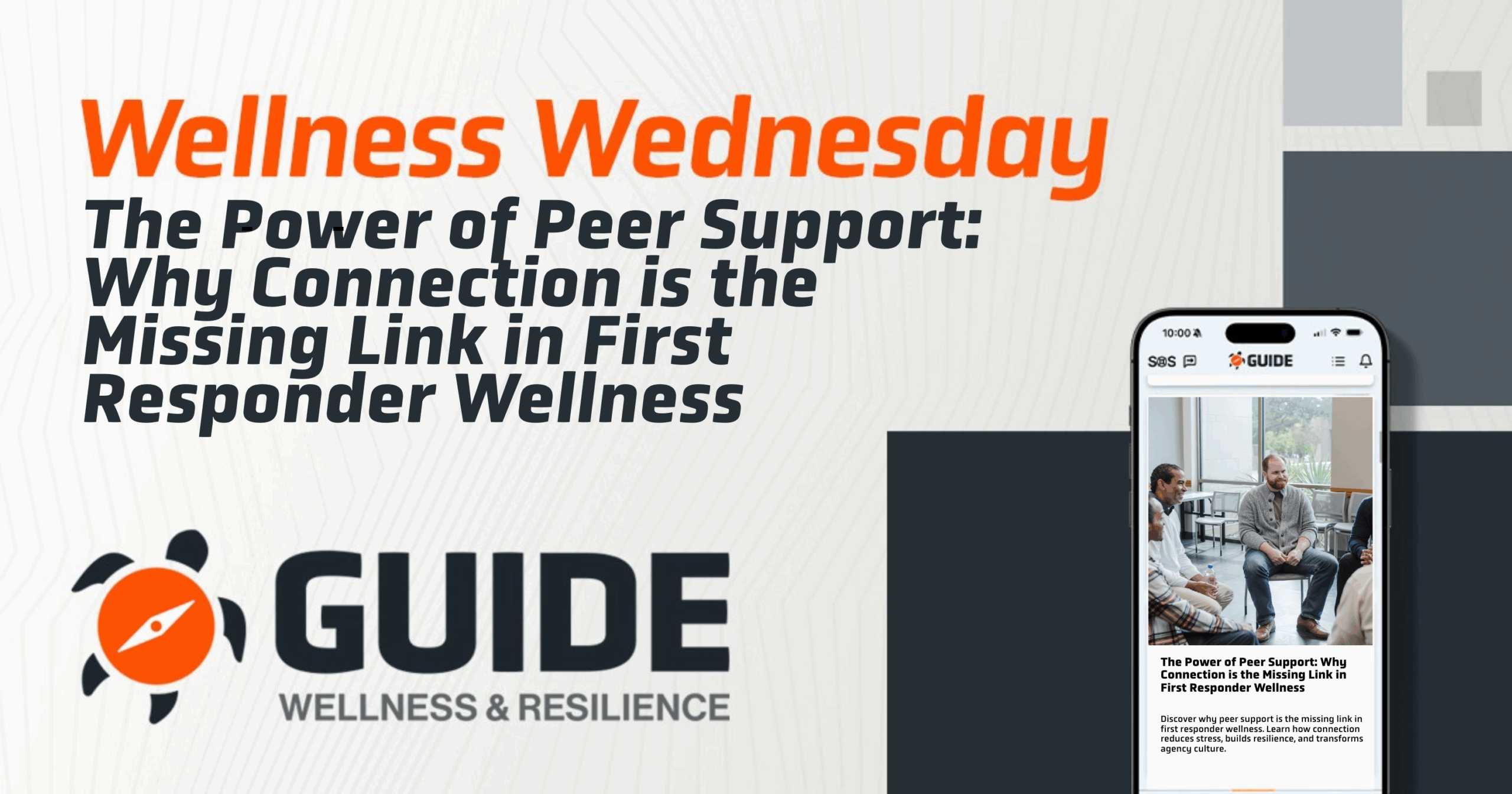Have you ever heard the saying, “Laughter is the best medicine”? It’s more than just a cliché—it’s a proven way to improve mental and emotional well-being. In a world where stress levels often run high, laughter can be a game-changer. Let’s explore how a good belly laugh can reduce stress, enhance resilience, and bring some much-needed joy to your daily life.
Why Laughter Matters
What Does Laughter Do to the Body?
When you laugh, your body undergoes an amazing transformation. Here’s what happens:
- Reduces Stress Hormones: Laughter decreases cortisol and adrenaline, the hormones responsible for stress.
- Increases Endorphins: These “feel-good” chemicals boost your mood and create a sense of well-being.
- Improves Circulation: A hearty laugh enhances blood flow, which is great for your heart and overall health.
- Relaxes Muscles: A good laugh can relieve tension for up to 45 minutes.
Emotional Benefits
Laughter doesn’t just help your body—it uplifts your spirit:
- Boosts Mood: It’s hard to feel anxious or sad when you’re laughing.
- Strengthens Resilience: Humor helps you cope with life’s challenges.
- Encourages Connection: Sharing a laugh builds bonds and eases social tension.
The Science Behind Laughter and Stress Reduction
How Laughter Interrupts the Stress Cycle
When stress hits, your body activates its “fight or flight” response. Laughter acts as a natural reset button, interrupting this cycle. It tells your brain that you’re safe, helping you calm down and refocus.
Long-Term Effects
Studies show that regular laughter:
- Improves your immune system
- Lowers blood pressure
- Reduces symptoms of anxiety and depression
The Brain on Laughter
When you laugh, your brain releases dopamine, the neurotransmitter linked to happiness. This boosts your mood and reduces stress, creating a ripple effect on your mental and physical health.
Finding Humor in Everyday Life
1. Surround Yourself with Laughter
- Watch a funny movie or sitcom.
- Follow social media accounts that post hilarious memes or videos.
- Spend time with people who make you laugh.
2. Laugh at Yourself
Life isn’t perfect, and neither are we. Learning to laugh at your own mistakes can be liberating and reduce self-imposed pressure.
3. Practice Laughter Yoga
This unique practice combines laughter exercises with deep breathing. It might feel silly at first, but it’s an effective way to laugh and relax.
Laughter in the Workplace
Why Laughter Works on the Job
Work can be stressful, but humor can help:
- Enhances Productivity: Happy employees are more focused and creative.
- Improves Teamwork: Laughter strengthens relationships and encourages collaboration.
- Reduces Burnout: A light-hearted atmosphere can prevent exhaustion.
Tips for Adding Humor at Work
- Start meetings with a joke or funny story.
- Share light-hearted memes in group chats.
- Celebrate small wins with a little humor.
Can’t Fake It? Try This
Not feeling naturally funny? That’s okay. Here are some ways to ease into laughter:
- Watch Stand-Up Comedy: You’re bound to find a comedian who makes you laugh out loud.
- Play with Pets: Animals have a way of bringing joy and laughter into our lives.
- Engage in Playful Activities: Try board games, trivia nights, or improv classes.
When Laughter Isn’t Enough
While laughter is powerful, it’s not a cure-all. If stress feels overwhelming, consider these additional strategies:
- Mindfulness Practices: Meditation or breathing exercises can complement the stress-reducing effects of laughter.
- Professional Help: Therapists and counselors can provide tools to manage deeper stressors.
- Physical Activity: Exercise releases endorphins, just like laughter, and keeps your body healthy.
Laughter Is Contagious—Spread It!
One of the best things about laughter is its ripple effect. When you laugh, others around you are more likely to join in, creating a positive environment for everyone.
How to Be a “Laughter Ambassador”
- Smile often—it’s the first step to laughter.
- Share funny moments or memes with friends and family.
- Be open to finding humor, even in challenging situations.




